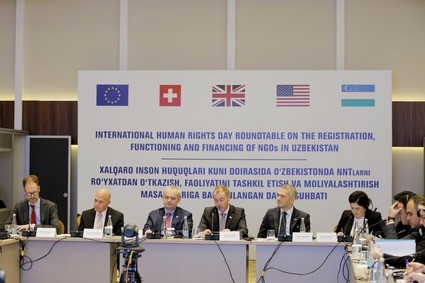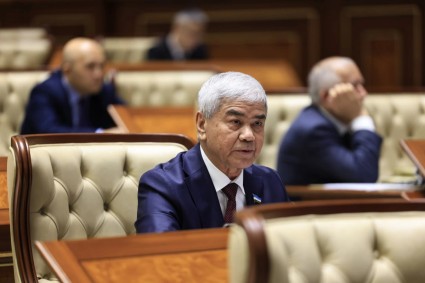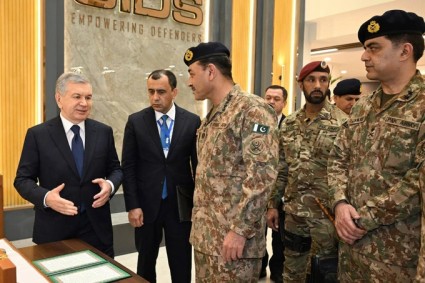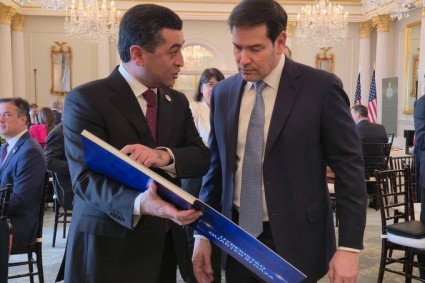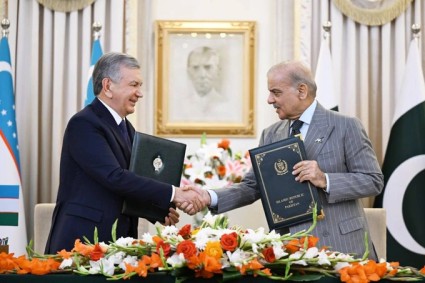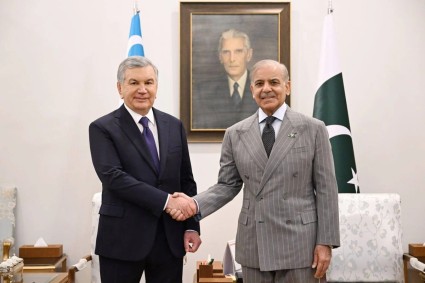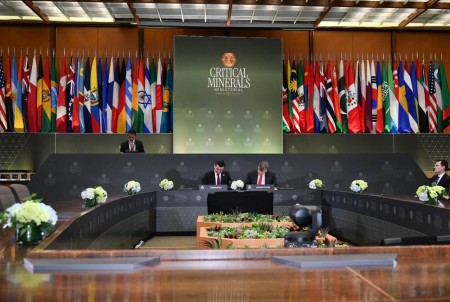On December 11, the Delegation of the European Union to Uzbekistan, together with the Embassies of the United States, the United Kingdom and Switzerland hosted a round table on the theme: Registration, Activities And Funding Of Civil Society Organizations in Uzbekistan to mark the International Human Rights Day on December 10.
The meeting was attended by officials of the Ministry of Justice, the National Human Rights Center (NHRC), civil society activists and diplomats.
In his welcoming speech, the EU Ambassador Toivo Klaar emphasized that the registration and funding of NGOs is important in terms of Uzbekistan’s commitments to implement conventions related to the GSP+ trade preference program and the recommendations of the Universal Periodic Review (UPR) of the UN Human Rights Council.
“For the EU, supporting the creation of a more vibrant civil society is a key priority. We see civil society activists as partners in achieving better policy results. We firmly believe that the Government of Uzbekistan could also benefit significantly from an active and independent civil society in developing new initiatives,” Toivo Klaar said.
As an example, he cited the contribution of NGOs and activists to the development and adoption of the law criminalizing gender-based violence. “This could be a model for the future, as it demonstrates the positive impact that NGOs can have on society,” he added.
“While many NGOs are already registered in Uzbekistan, we still receive reports from independent organizations whose registration applications are being rejected, often repeatedly, as well as excessive reporting requirements and obstacles to receiving funding from foreign sources. I believe that in this case, best practices from the EU can make a difference. We are ready to provide technical assistance and expertise to develop a fair, transparent and simplified registration system for NGOs. It is also worth considering the possibility of creating a legal assistance program for NGOs trying to register. Such a program could help them with filling out the necessary documents and, therefore, avoid refusals on purely formal grounds,” the EU Ambassador said.
He also underscored that foreign funding was an important source of income for NGOs in Uzbekistan. "The EU believes that independent NGOs should be able to receive support from foreign partners, including us, without excessive control, restrictions and interference from state bodies. As mentioned earlier, we view human rights as part of a broader reform agenda, and the EU stands ready to support this process as much as necessary," Toivo Klaar emphasized.
The roundtable participants discussed issues related to the registration, operation and funding of civil society organizations.
Assessment of the regulation of civil society by the Office of the UN High Commissioner for Human Rights
Omer Fisher, a representative of the Office of the UN High Commissioner for Human Rights (OHCHR), recalled the recommendations given to Uzbekistan regarding the civil society sector from the Universal Periodic Review (UPR) of the UN Human Rights Council. Among them:
- scrap the requirement for NGOs to have national partners and representatives of a government body to receive foreign grants;
- introduce a simplified and more transparent registration process for NGOs in line with international norms and standards, as well as remove restrictions on the use of funds received and ease reporting requirements to the state.
“It is important to emphasize that Uzbekistan supported these recommendations, and we very much hope that they can become a basis for continued dialogue and engagement on these issues,” said Omer Fisher.
According to him, a small OHCHR team in Uzbekistan held consultations with 30 civil society representatives in Tashkent in September and November this year to discuss the challenges they face. The OHCHR representative listed them.
Registration problems
Many NGOs tried to register several times, but their applications were rejected, often due to some “technical reasons”, said Omer Fisher.
One of the problems was that technical errors were not immediately indicated. For example, when an application was first submitted, one reason was indicated, and when the registration attempt was made again, it was rejected due to a technical problem that existed when the first application was submitted. This leads to multiple registration attempts.
One of the proposals from civil society was for the Ministry of Justice to not only make decisions on registration, but also to provide assistance during the registration process. They would like to work with a body that supports NGOs, not just makes decisions, the OHCHR representative said.

